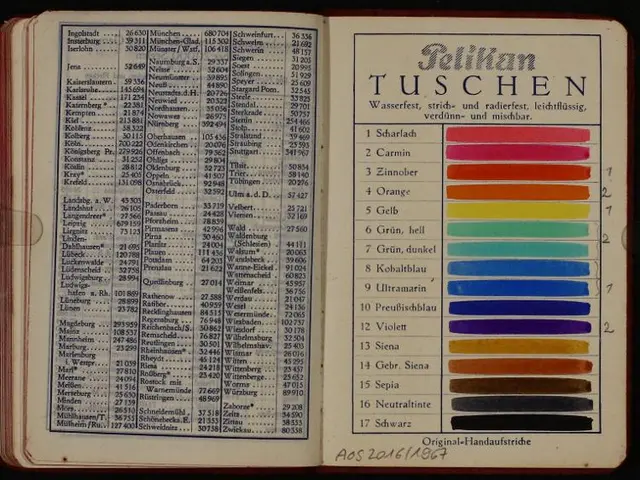Rejected: 176 votes cast against the revision of the Sustainable Mobility Act
The Sustainable Mobility Law, a critical piece of legislation for Spain's transition towards greener transportation, has taken a significant turn. The amendment proposed by the Popular Party (PP), which aimed to alter the law's provisions on the use of liquefied natural gas for maritime transport, was rejected in a close vote, with 176 votes against and 168 in favour.
The law, which includes references to the use of liquefied natural gas for maritime transport, has stirred controversy among environmental sectors and parties. They argue that this provision contradicts the law's sustainable objectives.
Despite the rejection of the PP's amendment, the processing of European funds for sustainable mobility is progressing well. The period for submitting partial revisions to the Sustainable Mobility Law remains open until October 2, with the possibility of an extension.
However, the text of the law is still a subject of debate due to its similarity to the previous legislature's version. Critics, including Esquerra Republicana, Sumar, and Bildu, have made it clear that improvements are needed. They argue that the law lacks clear objectives, both in terms of decarbonisation and the promotion of electromobility.
The Government now has an opportunity to open up to negotiation and improve the Sustainable Mobility Law. If they want to do so from an environmental and climate perspective, they will have to accept a large number of amendments.
The strategy of the PP's amendment was somewhat weak, and the parties had to decide whether to accept returning the project to the Government. The decision was negative by an absolute majority.
Carlos Bravo, an environmental consultant, discussed the situation with Mobility Portal España, expressing concerns about the law's future and the potential consequences of its delay. He stated, "Spain could lose 10 billion euros if the Sustainable Mobility Law is not approved in time."
The real challenge will be in the Senate, where the Popular Party has a majority and could try to delay approval for up to two months. The next step for the law is its ratification, a process that varies depending on the specific law or treaty but generally follows after the two readings and Bundesrat approval.
As the Sustainable Mobility Law continues its course, it is crucial that all parties work together to ensure its success and Spain's transition to a greener future. The directive is estimated to be ready in the first quarter of 2025.
Read also:
- Amidst India's escalating climate crisis, transgender individuals continue to persevere
- Germany's three-month tenure under Merz's administration feels significantly extended
- Norway set to allocate proceeds from sales of tickets for a soccer match against Israel to Médecins Sans Frontières (MSF)
- International city of Windsor preparing for international media attention during Trump's official visit








